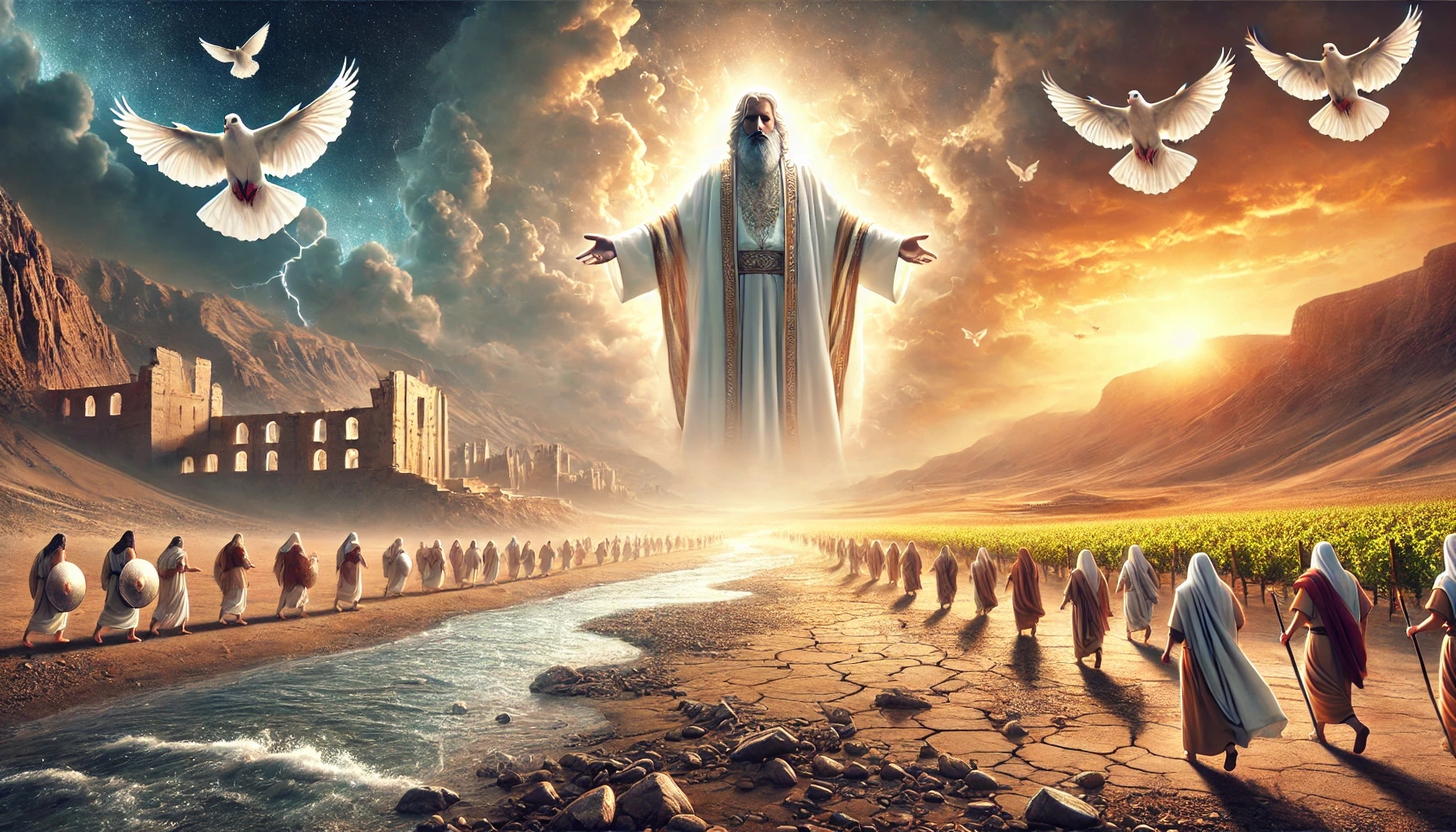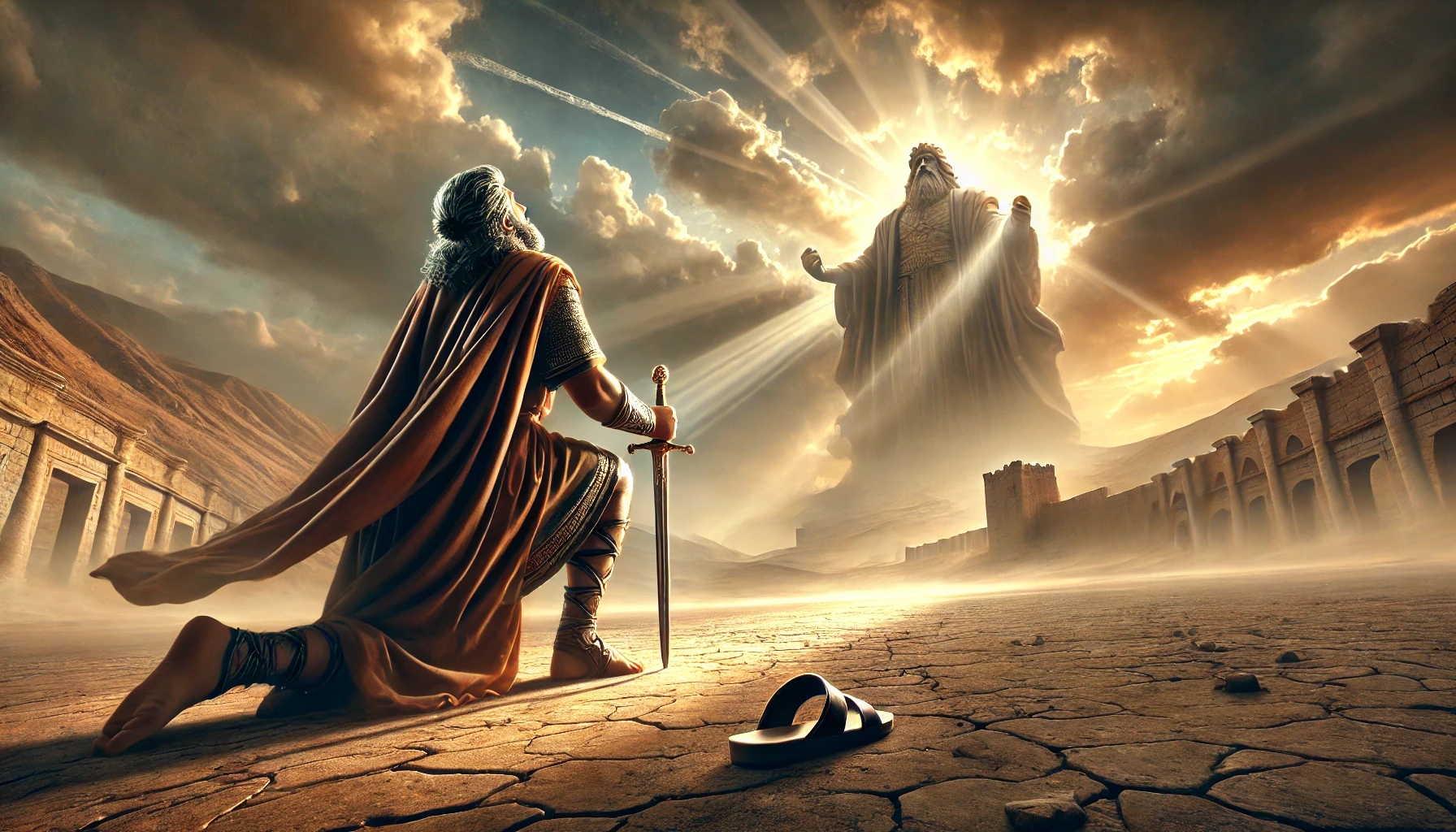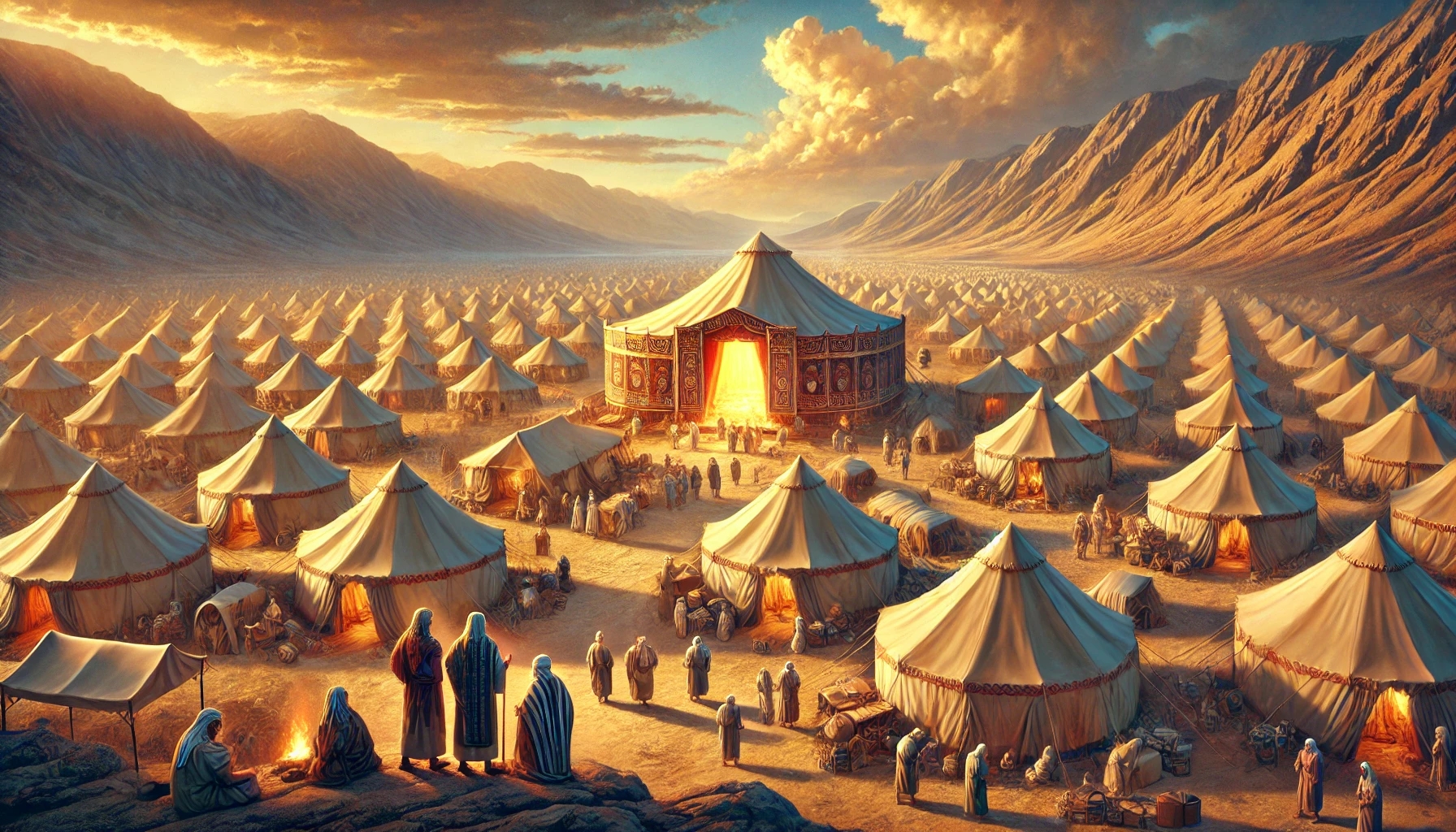
🌍 Adventist News Network – October 24: ADRA supports families that fled war in South Sudan & More Global News
 Adventist News Network – October 24: ADRA supports families that fled war in South Sudan & More Global News |
Adventist News Network – October 24: ADRA supports families that fled war in South Sudan & More Global News |
This week on ANN: |
· In Uganda, families who fled war in South Sudan find refuge and start over with the support of ADRA volunteers from Norway.
· In Mexico, a digital missionary campaign unites social networks, radios, and churches throughout the country, reaching nearly two million people.
· Plus, in Spain, HopeMedia celebrates 25 years with new studios and a renewed vision.
· Stay tuned as ANN brings everything you have to know about what is happening in the church worldwide.
Lessons of Faith from Joshua – Lesson 4.The Conflict Behind All Conflicts | 📘 Sabbath School with Pastor Mark Finley

Series LESSONS OF FAITH FROM JOSHUA with Pastor Mark Finley
Lesson 4.The Conflict Behind All Conflicts
A Hidden Battle – God’s War Against Evil
Behind Israel’s visible wars lies a far greater, unseen conflict—the struggle between God and the forces of evil. This so-called “great controversy” did not begin on earth but in heaven, when Lucifer rebelled against God’s order. The conquest of Canaan or the exodus from Egypt are not merely historical events but expressions of this overarching cosmic drama. God intervenes in history as a righteous warrior—not out of ambition for power, but to restore redemption and justice. In doing so, He invites His people to trust in Him rather than rely on their own strength. Whoever recognizes this larger context will also see their own life in a new light.
Content:
4.1 Commander of the Army of the Lord
The Heavenly Leader in an Earthly Battle – God’s Presence in the Midst of Conflict
Joshua’s encounter with the “Commander of the Lord’s army” reveals that the battle for Canaan was part of a much larger, cosmic conflict. The mysterious visitor identifies Himself not as a human ally but as a divine commander—likely Christ Himself before His incarnation. The key question is not whether God is on Joshua’s side, but whether Joshua is willing to submit to God’s leadership. This moment marks a turning point: Joshua realizes that victory will not come through military power, but through God’s presence and direction. The Commander of the Lord’s army leads an invisible host fighting on behalf of His people—a comforting truth that we, too, are never alone in our spiritual battles. God’s leadership still applies today—and calls us to take our stand on His side.
4.2 War in Heaven
An Ancient Battle: From Heaven to Earth – The Origin of All Rebellion
The “war in heaven” forms the invisible origin of all visible conflicts on earth. Lucifer, once a perfect angel, rebelled against God out of pride and self-will—and drew others into his fall. The texts in Isaiah, Ezekiel, and Revelation reveal that behind earthly powers lies a deeper spiritual reality. This great conflict between good and evil continues to this day—visible in the tensions, temptations, and struggles of our daily lives. Daniel 10 shows that heavenly beings are directly involved in earthly events. The comfort lies in this: God is not passive but actively works to restore His justice—then and now.
4.3 The Lord Is a Warrior
God the Warrior – A Righteous Battle for Redemption and Truth
That God is called a “warrior” reveals His active engagement in the struggle against oppression, sin, and evil. In Egypt, He did not only confront Pharaoh but also the demonically inspired gods of the land, to set His people free. This conflict was not a political one but an expression of a much deeper, cosmic war. God does not fight out of lust for power but to establish justice and redemption—then as now. The destruction of the Canaanites was an early phase of divine judgment upon evil. To recognize God as a warrior is to ask whether we stand on His side—for in this conflict, there is no neutrality.
4.4 The Lord Will Fight for You
God Fights – Trust Instead of Weapons
God’s original plan was for Israel to gain victory through trust, not through warfare. During the exodus from Egypt, they were told to stand still and watch God’s deliverance—He Himself would fight for them. This pattern revealed God’s desire to grant His people salvation, not through human might but through divine power. Israel’s engagement in war was ultimately a result of their unbelief and murmuring. Had they fully trusted God, no battles would have been necessary. Even today, our complaining can hinder God’s work—He calls us instead to quiet trust and obedience.
4.5 The Second-Best Option
God’s Patience in the Face of Human Unbelief
The war accounts in Exodus 17 and Joshua 6 reveal both God’s power and Israel’s increasing involvement in battles. In both cases, the victory ultimately belongs to God—whether through Moses’ uplifted hands or through the collapse of Jericho’s walls. Yet Israel’s growing participation was the result of having fallen short of God’s ideal. Their unbelief and continual complaining led God to adapt to their spiritual maturity. He gave them the “second-best option”—war as a means of training in trust. Yet even then, His goal remained the same: to lead His people back to complete dependence and faithfulness.
4.6 Summary
Conflicts with Perspective – The Great Controversy Behind All Battles
Lesson 4 shows that Israel’s earthly battles were expressions of a much larger cosmic conflict between good and evil. The “Commander of the Lord’s army” reveals Himself to Joshua as a divine leader—not bound to human sides, but leading the heavenly war against sin. God’s original plan was for Israel to conquer through trust in Him—without fighting. But Israel’s unbelief made warfare the “second-best option.” Even in these conflicts, God’s goal remained the same: to teach His people complete trust in Him. Every victory—whether by miracle or by battle—was ultimately God’s work, not human strength.
🌍 Adventist News Network – October 17, 2025: Cariocão 2025 mobilizes thousands of young people & More Global News
 Adventist News Network – October 17, 2025: Cariocão 2025 mobilizes thousands of young people & More Global News |
Adventist News Network – October 17, 2025: Cariocão 2025 mobilizes thousands of young people & More Global News |
This week on ANN: |
· In Brazil, Cariocão 2025 mobilizes thousands of young people, celebrates 75 years of Pathfinders, and raises its voice against suicide.
· Amidst the ongoing conflict in Ukraine, an Adventist center distributes bread, care, and support to displaced families.
· In Peru, a desperate mother with young daughters finds hope after tuning in to Nuevo Tiempo Radio.
· Plus, in Germany, the Children Helping Children! project marks 25 years of providing school supplies to families in Eastern Europe.
· Stay tuned as ANN brings everything you have to know about what is happening in the church worldwide.
12.10.2025 – 📜 Deuteronomy Chapter 26 – Gratitude and Obedience – Living from God’s Hand | 📜 BELIEVE HIS PROPHETS
- « Previous Page
- 1
- …
- 15
- 16
- 17
- 18
- 19
- …
- 704
- Next Page »
 October 12, 2025
October 12, 2025 BELIEVE HIS PROPHETS
BELIEVE HIS PROPHETS Daily Bible Reading
Daily Bible Reading Deuteronomy 26 – Gratitude and Obedience – Living from God’s Hand
Deuteronomy 26 – Gratitude and Obedience – Living from God’s Hand Firstfruits, Tithe, and the Confession of God’s Faithfulness
Firstfruits, Tithe, and the Confession of God’s Faithfulness Introduction
Introduction Commentary
Commentary Summary
Summary Message for Us Today
Message for Us Today Reflection Questions
Reflection Questions
 Ellen White | Patriarchs and Prophets – Chapter 33
Ellen White | Patriarchs and Prophets – Chapter 33 From Sinai to Kadesh
From Sinai to Kadesh Read online
Read online  Reflection Question
Reflection Question